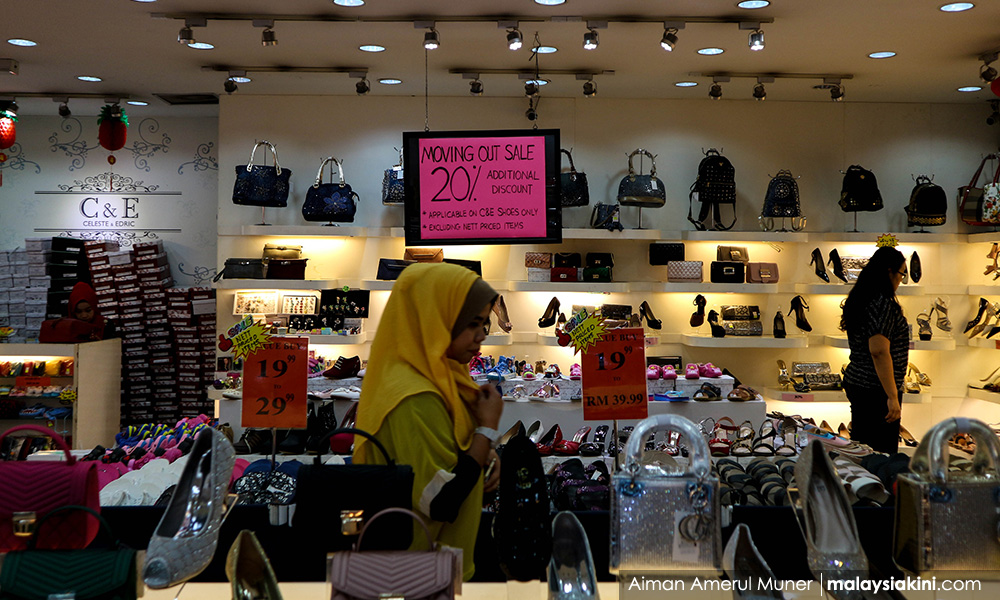
Finance Minister Lim Guan Eng has my endorsement when he says the rakyat benefits when the Sales and Service Tax (SST) is implemented in September but it should be noted that the old service tax was 5% and not 6% as reported.
FYI, the revenue from SST collection at the end of the day by the new government will be much lesser than what was previously collected by the old government from the Goods and Services Tax (GST).
With the reintroduction of the SST, businessmen from the manufacturing or production sectors and general importers of parts and goods will have to pay up the SST the moment they import components, parts and goods at all entry points to the nation.
These payments are a part of manufacturing and production costs to the company and likewise extra costs to the importers, etc. Moreover, there are many dutiable items which the government collects taxes and duties upon their entry into Malaysia.
All importers are required to pay up the relevant taxes and duties at the Customs office before the components, parts and goods are cleared for pick up by the Customs inspection and clearance division. This is also where and when the SST is paid.
For your information, the old SST payment was 5% surtax and 10% sales tax, so it is not a 6% service tax. However, it is right to say the government collected a 10% sales tax.
The gist is that these payments took place only once. The GST, however, is a service tax, so it will “snowball” as the services or goods pass down the manufacturing and delivery cycle before it is actually consumed or used by the consumers at the end of the journey.
And that is why the GST hits the consumer directly when they buy or use goods and services - stuff like a plate of char koay teow or nasi goreng or for a cuppa of kopi-O. Or to travel in a taxi or plane for that matter.
The SST it is mainly an import tax. And it takes place only once along the cycle from provider to consumer. That means it stops immediately after payment is made thus, there is no domino or rather, spiralling effect.
Now you know why Lim Guan Eng said the new government will lose on revenue collection by reintroducing the SST to replace the GST.
Of course, this contradicts what some quarters said that when the new government reintroduces the SST to withdraw GST, the end result would burden the rakyat (people) more. This is not true.
When the GST was implemented, consumers paid GST even for medicines, drugs and medical equipment when all these were exempted from taxes and duties under the SST.
And what about the high costs incurred after implementing GST for food and drinks sold at eateries and at coffee shops and the mamak outlets
The restaurateurs and hawkers had to increase the prices of the food and drinks sold to their customers. This is a burden then and now. Because after the GST was removed, they still maintained the old prices. By right, they should revert to the prices back to when there was no GST.
The consumers are made scapegoats or become victims whenever there is a price increase like for petrol or if a new tax law is implemented but when these new taxes are removed, they still sell at the former increased prices. This is unfair treatment and is profiteering.
The government should address this problem. They should send out enforcement staff to check all eateries to get them to reduce prices if they are paying less taxes and duties.
If caught red-handed, the authorities should withdraw their business licences and summon them to appear in court for cheating. - Mkini



No comments:
Post a Comment
Note: Only a member of this blog may post a comment.